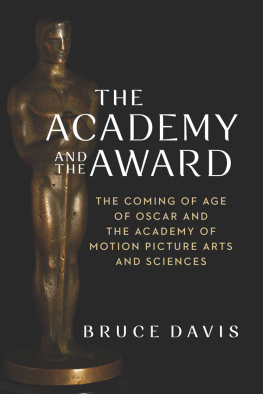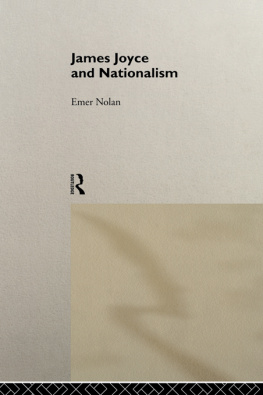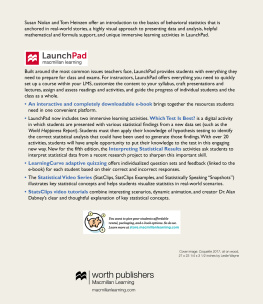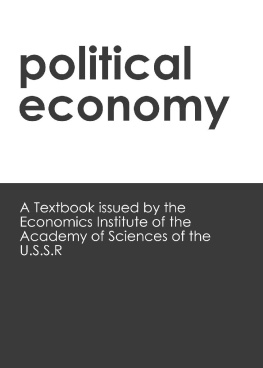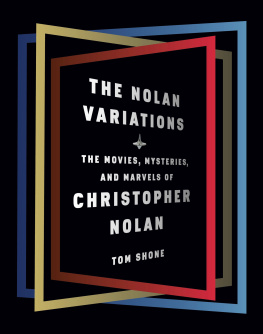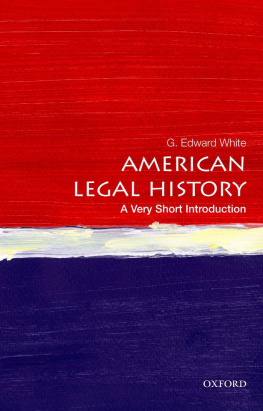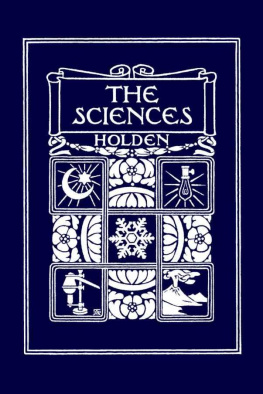T
HIS
brief history of the Academy of Natural Sciences of Philadelphia was prepared as a contribution to the volume issued in commemoration of Founders' Week, so successfully celebrated from the fourth to the tenth of October, 1908.
The length of the article was determined by the number of pages available in the distribution of the matter composing the book and the story is, therefore, necessarily "short." The Notices of Morton and Ruschenberger have been of assistance in preparing the earlier portion.
The sketch may be regarded as merely preliminary to a detailed history of the Academy to be issued in connection with the proposed celebration of the Centenary of the society in 1912. It is sent out in this form with the hope that it will, by eliciting comment, criticism, and perhaps correction, help to make the larger work of more permanent value. Any assistance to this end will be gratefully accepted by the author.
EDWARD J. NOLAN
The Academy of Natural Sciences
of Philadelphia , November, 1909.
The Academy of Natural Sciences of Philadelphia
By Edward J. Nolan, M.D.
As for the Corruptions and Moths of History, which are Epitomes, the use of them deserveth to be banished as all men of sound judgment have confessed.Bacon, "Advancement of Learning."
A LTHOUGH at the beginning of the nineteenth century Philadelphia was acknowledged to be the center of scientific, if not of literary culture in America, there were not many societies in the city devoted to scientific research. The American Philosophical Society had, indeed, established for itself an honorable position in the learned world, but membership was scarcely aspired to by those who had no right in any sense to consider themselves philosophers. The "Botanical Society, held at Philadelphia," had been founded in 1806, the name being changed the following year to the "Philadelphia Linnan Society." It had a brief and uneventful existence and is at present remembered from the publication of an essay by Benjamin Smith Barton, entitled "Discourse on some Principal Desiderata in Natural History."
There were but few who cared anything about the natural sciences, and these had to contend with many difficulties. Neither cabinets to awaken curiosity nor libraries to satisfy it were in existence. There were two or three collections of minerals belonging to gentlemen who had brought them from Europe, but they were not accessible to the public.
A few young men in the city were, however, interested in the study of nature. They were all engaged during the day in making a living, and they must have found that occasional gossip in places of resort available to those of their social condition would not help them much in the search for exact knowledge.
After one of these accidental meetings early in 1812, John Speakman suggested to his friend Jacob Gilliams that if their associates could come together at stated times where they would be free from interruption and could compare notes as to what they supposed they knew, they would secure more pleasure and profit than by desultory talk. Gilliams agreed with him, and before they separated it was decided to invite such friends as might be favorable to the formation of a society to meet at Speakman's house the following Saturday night.
In accordance with this agreement Doctors Gerard Troost and Camillus Macmahon Mann, with Jacob Gilliams, John Shinn, Jr., and Nicholas S. Parmentier, met at the house of Mr. Speakman, on the northwest corner of Market and Second Streets, on Saturday evening, January 25, 1812. Mr. Speakman acted as chairman, and Dr. Mann as secretary. The minutes are described as those of "a meeting of gentlemen, friends of science and of rational disposure of leisure moments," and it was agreed that the exclusive object of the society should be the cultivation of the natural sciences.
This was the humble origin of The Academy of Natural Sciences of Philadelphia. Although there is abundant evidence in the records and in tradition that the founders took themselves seriously and were conscious of the dignity of their undertaking, it is scarcely conceivable that they could have anticipated the future development of their society into one of the most active and influential scientific associations of the world.
In order not to be a burden on Mr. Speakman's hospitality, the next two or three meetings were held at a public house on Market, or High Street, near the corner of Franklin Place, known as Mercer's Cake Shop. The title, Academy of Natural Sciences, was employed for the first time in the minutes of March 21, 1812, and was suggested opportunely by Dr. Samuel Jackson, of the University of Pennsylvania. He had not joined the society because, it is said, he feared that in the estimation of the public all its members would be considered, however unjustly, as lacking in proper respect for religion, a supposition which might be detrimental to a physician at the outset of his career. It was decided that the origin of the Academy should date from that session and that in subsequent years the anniversary should be observed on that day.
At this meeting Thomas Say was chosen a member, and it was determined that, although he had not attended the initial meetings, his name should be enrolled as one of the founders, who are, therefore, recorded as being John Speakman,[1] Jacob Gilliams,[1] John Shinn, Jr., Nicholas Parmentier, Dr. Gerard Troost,[1] Dr. Camillus Macmahon Mann and Thomas Say.[1] It was John Speakman and Jacob Gilliams, however, who had issued the invitation for the preliminary meeting and the conclusion is a just one that the foundation of the Academy is ascribable to these two men.
John Speakman was born in Bucks County, Pennsylvania, and belonged to the religious society of Friends. His apothecary shop at the northwest corner of Second and Market Streets was a center of literary and scientific gossip. He was for a time in disastrous partnership with Say and was ever ready to do all the work of the shop so as to enable his friend to devote almost his entire time to the service of science. Through the endorsement of unreliable friends the firm came to an unfortunate end, the partners retaining scarcely anything for themselves. As late as 1839 Mr. Speakman, at a considerable sacrifice of his private interests, visited Mr. Maclure in Mexico, where he spent several months for the benefit of the Academy.
Mr. Jacob Gilliams was a native of Philadelphia and a leading dentist of the day. He was an intimate associate of Thomas Say and Alexander Wilson, and when the latter was engaged on his American Ornithology the three friends were frequent visitors to Mr. William Bartram at his house attached to the garden which has now become classic ground.
Mr. John Shinn, Jr., was a native of New Jersey. He was employed as a manufacturing chemist. Soon after the Academy was established in the new hall in Gilliams' Court he delivered a course of lectures on chemistry, the first given under the auspices of the society.
Mr. Nicholas S. Parmentier was born in France. He was a distiller and manufacturer of spermaceti oil. He removed to Florida. Gerard Troost[2] was the first President of the Academy and served efficiently until 1817 when he was succeeded by Mr. Maclure. He was born in Bois-le-Duc in Holland and educated as a pharmacist and chemist. He settled in Philadelphia in 1810. In 1815 and 1816 he engaged in the manufacture of alum on the Magothy River in Maryland. On his return to the city he delivered lectures on mineralogy in the Philadelphia Museum and the College of Pharmacy. After spending two years with his friend Maclure at New Harmony, Ind., he was elected, in 1828, Professor of Chemistry, Geology and Mineralogy in the University of Nashville, retaining the position until his death August 17, 1850. During his incumbency he served as State Geologist of Tennessee until the office was abolished in 1849.




